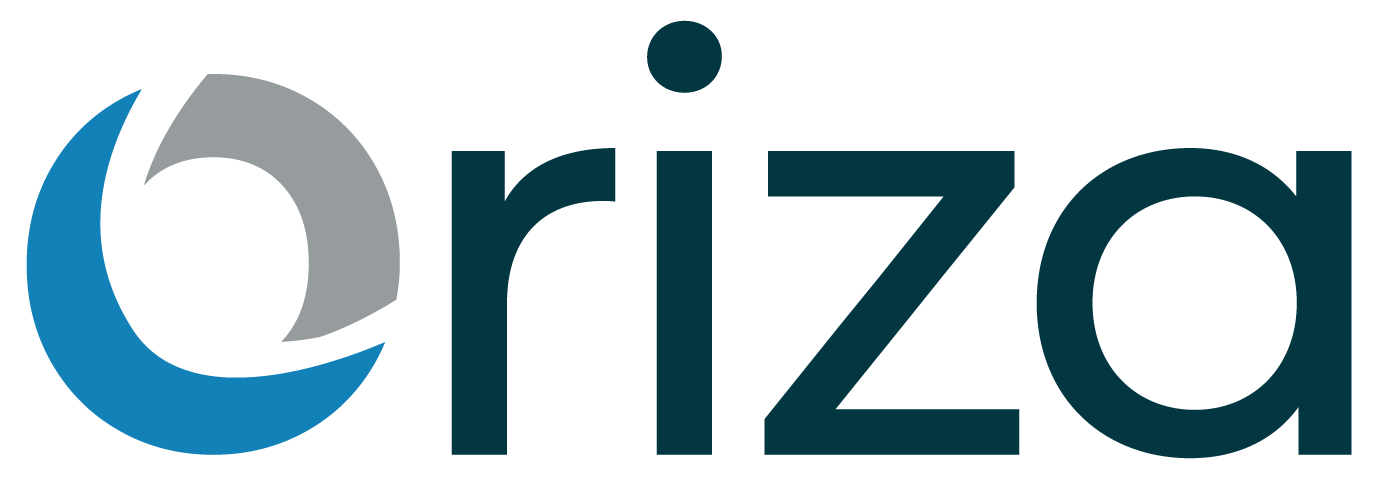Advantages and Benefits of ERP Software Solutions
ERP (Enterprise Resource Planning) software is a type of business management software that integrates various functions and departments within an organization. It allows companies to automate and streamline their processes, improve efficiency, and gain a comprehensive view of their operations.
Here, we’ll discuss some critical trends that indicate whether a company should implement or upgrade its ERP system, such as:
- Combinations or Acquisitions
For instance, the parent corporation must harmonize systems between businesses. - Detailed road mapping
A new corporate solution has been included in business technology roadmaps created by forward-thinking organizations. - A Period of Growth
The company is expanding, has expanded, or plans to expand significantly. - Operation problems
To more effectively manage operations, the firm needs enterprise software. - Ancient Legacy Systems
The organization’s current system is out-of-date, cannot be upgraded, or is insufficient for the organization’s needs and those of its users.
Although numerous considerations point to the necessity for an ERP system, businesses in particular industries stand to benefit the most from making the switch.
Benefits Of ERP (Enterprise Resource Planning) system
An Enterprise Resource Planning (ERP) system offers several benefits to organizations. Here’s a brief overview of some key advantages:
- Streamlined Operations
ERP systems integrate and automate various business processes, such as inventory management, procurement, sales, finance, and human resources. This streamlines operations and eliminates manual tasks, reducing errors, and improving efficiency.
- Enhanced Productivity
By automating routine tasks, ERP systems free up employees’ time, allowing them to focus on more strategic activities. This increased productivity can lead to improved overall performance and profitability.
- Improved Decision-Making
ERP systems provide real-time, accurate data across different departments, enabling managers to make informed decisions based on up-to-date information. Centralized data also promotes better collaboration and visibility across the organization.
- Cost Savings
ERP systems can help organizations reduce costs in various ways. They eliminate duplicate processes, optimize inventory levels, minimize errors, and enhance supply chain management, all of which can lead to cost savings in the long run.
- Better Customer Service
With an ERP system, organizations can effectively manage customer information, order processing, and customer support. This leads to improved customer service, faster response times, and enhanced customer satisfaction.
- Regulatory Compliance
ERP systems often include features to help organizations meet regulatory requirements and industry standards. By automating compliance-related processes, such as financial reporting or data security, businesses can reduce the risk of penalties and non-compliance.
- Scalability
ERP systems are designed to grow with the organization. They provide flexibility and scalability, allowing businesses to add new modules, functionalities, or users as needed, without significant disruptions to operations.
- Data Integration and Visibility
ERP systems integrate data from different departments and business functions into a single unified system. This enables better data visibility and ensures that everyone in the organization has access to consistent, accurate information.
- Supply Chain Optimization
ERP systems enable organizations to manage their supply chain more effectively by optimizing inventory levels, streamlining procurement processes, and improving supplier relationships. This leads to reduced lead times, better inventory control, and cost savings.
- Competitive Advantage
Implementing an ERP system can provide a competitive advantage by enabling organizations to operate more efficiently, respond faster to customer needs, and make data-driven decisions. It can also facilitate business growth and expansion.







